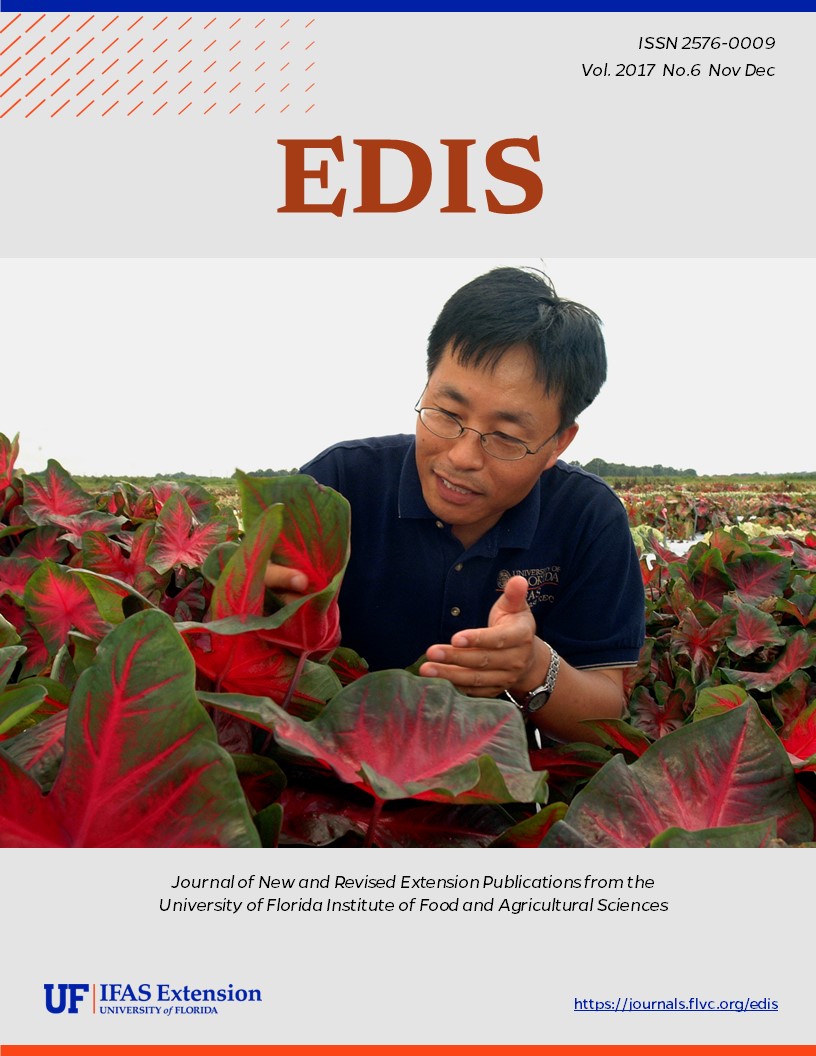Resumen
The conservation and preservation of natural resources is one of the most pressing issues facing the nation today (Gregory & Di Leo, 2003). Among these natural resource issues are the issues of water quality and quantity. Water is one of the most important resources in the United States, and is especially important in Florida. Not only is Florida a specialty crop state, but the Florida economy also depends highly on tourism and recreation, both of which thrive on water. Water impacts Florida’s tourism, agriculture, retail, and real estate development industries, all of which significantly contribute to Florida’s economy (Odera, Lamm, Dukes, Irani, & Carter, 2013).
As the U.S. and Florida populations continue to increase and the demand for fresh, clean water rises, water quality and quantity issues will become increasingly important. Extension faculty should understand public opinion surrounding water issues and identify the information that needs to be communicated to the public about water issues, as well as the best mode for this communication. By understanding public opinion and topics of interest surrounding water quantity and quality, as well as Florida residents’ preferred communication methods, Extension faculty will be able to communicate more effectively with clients about water.
The issues associated with water quantity and quality are of ever-increasing importance, and are considered a priority by UF/IFAS Extension. Enhancing and protecting water quality, quantity, and supply is considered a high-priority initiative in the 2013–2023 Florida Extension Roadmap. This EDIS publication will provide an overview of how to communicate with Florida residents about water, including information about their preferred communication method and what topics surrounding water Florida residents find of interest. This publication will better equip Extension faculty to discuss water quantity and quality issues with Florida residents.
Unless otherwise specified, articles published in the EDIS journal after January 1, 2024 are licensed under a Creative Commons Attribution-NonCommercial-NoDerivs 4.0 International (CC BY-NC-ND 4.0) license.

